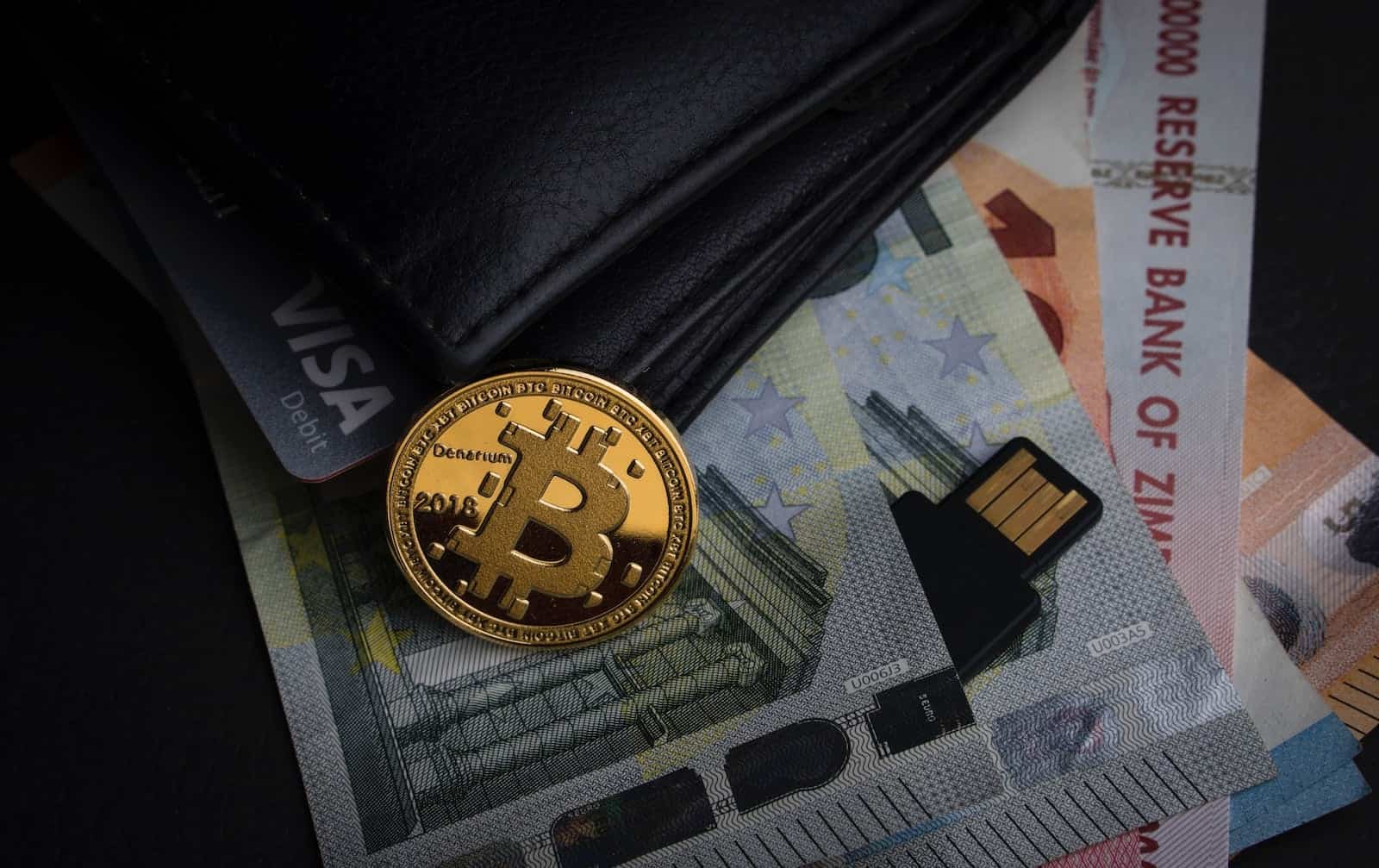The legal battle of James Howells, who lost a hard drive containing 8,000 bitcoins in a Welsh landfill more than a decade ago, has come to an unfavorable conclusion. The High Court of the United Kingdom rejected his lawsuit to access the landfill and recover the hard drive or receive a multi-million dollar compensation, putting an end to years of legal attempts.
The origin of the case: $750M in the trash
In 2013, Howells discovered that his old hard drive, which contained bitcoins mined in 2009, had been accidentally discarded. According to Howells, the device ended up in the landfill after cleaning out office materials. What was then a modest sum has turned into a fortune, with an estimated current value of $750 million.
Since then, Howells has attempted to regain access to the Newport landfill, where he believes the drive is buried among 100,000 tons of trash at a site that accumulates 1.4 million tons of waste. However, time and environmental conditions raise doubts about the state of the hard drive, which may have suffered irreparable damage.
Legal reasons for the court ruling
Judge Keyser KC ruled that Howells’s case had “no reasonable chance of success.” Two main reasons led to this outcome:
- Legal ownership of the waste: According to British law, anything that is discarded and collected by the local council becomes the property of that council, including Howells’s hard drive.
- Statute of limitations: The case is beyond the allowed six-year period to file a lawsuit, as Howells became aware of the loss in 2013 but didn’t initiate legal action until 2024.
Proposals and technical challenges
Before the ruling, Howells had offered the council to share part of the value of the recovered bitcoin and donate 10% to the local community. He had also proposed a plan funded by a consortium to excavate the landfill, estimating a cost of $13 million for a 36-month project. According to his estimates, there was an 80% chance of recovering the data from the hard drive.
However, the conditions of the landfill, such as pressure from the waste and contamination from liquids, could have seriously damaged the hard drive, reducing the chances of success even if it had been located.
The end of a millionaire dream
Despite his efforts, Howells failed to convince the court or overcome legal barriers. The case highlights both the risks associated with storing cryptocurrency on physical devices and the legal complexities that can arise when losing a digital asset of high value.
With the closing of this chapter, the lost hard drive containing 8,000 bitcoins remains a legendary example of the opportunities and challenges presented by the world of cryptocurrencies.
via: Toms Hardware, National archive and BBC

